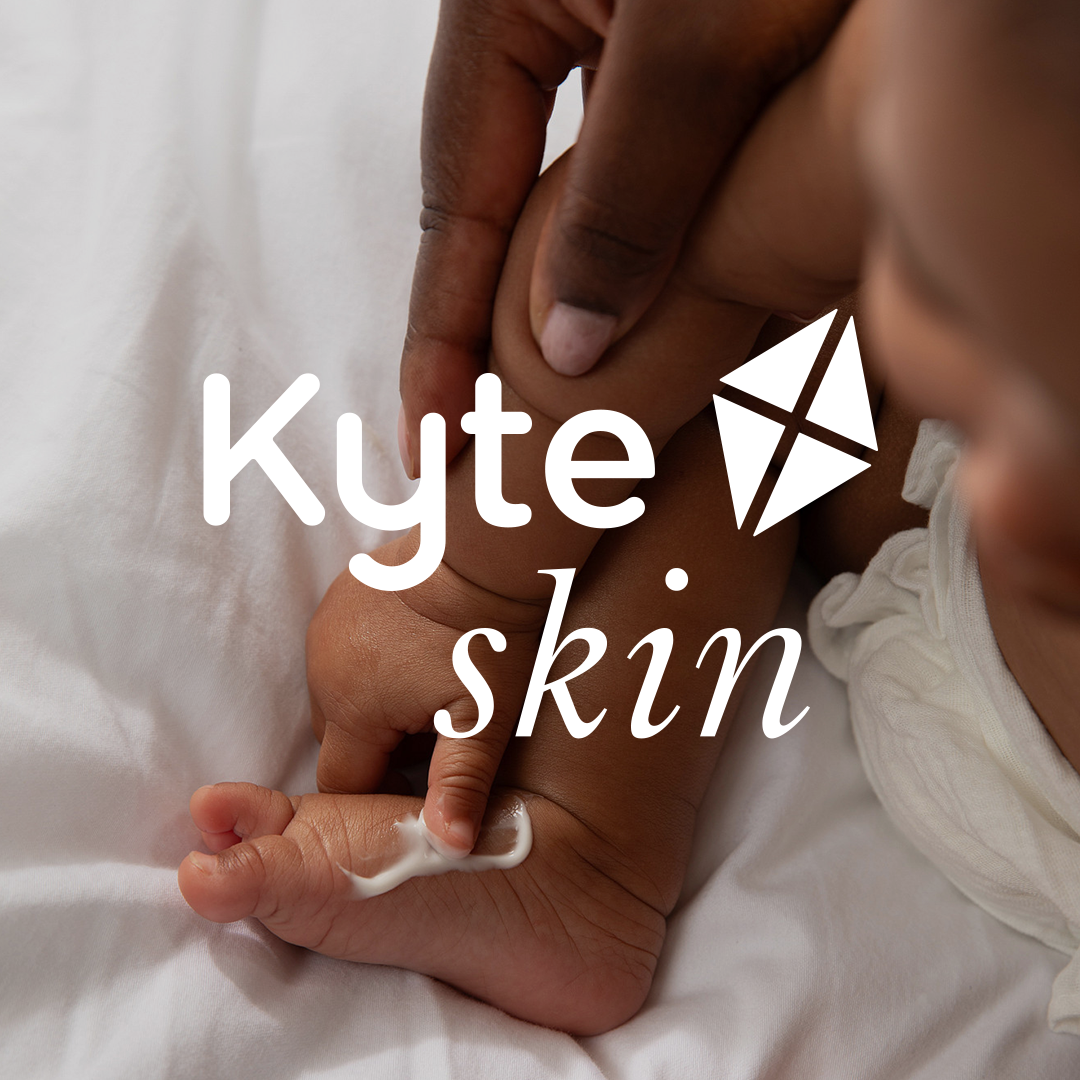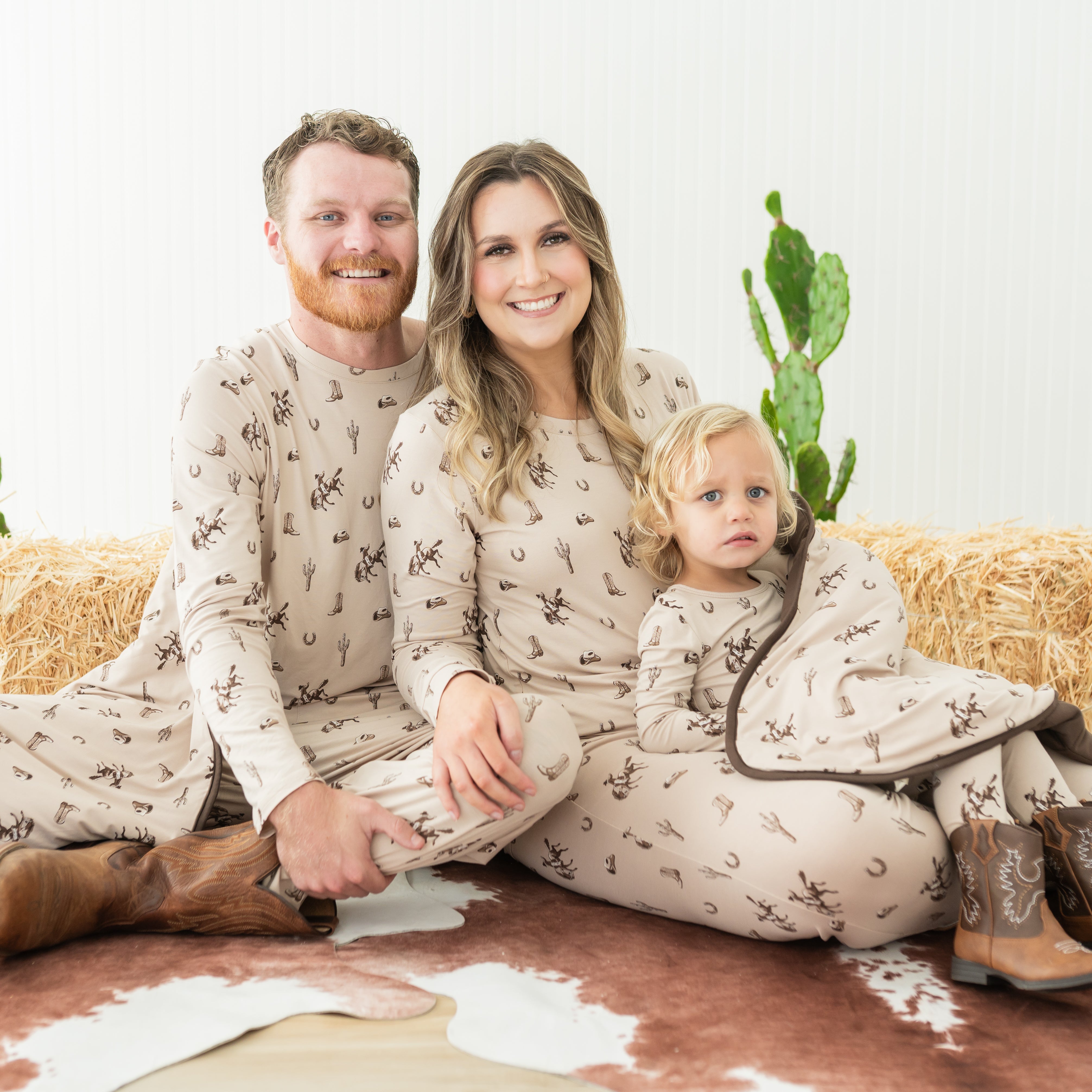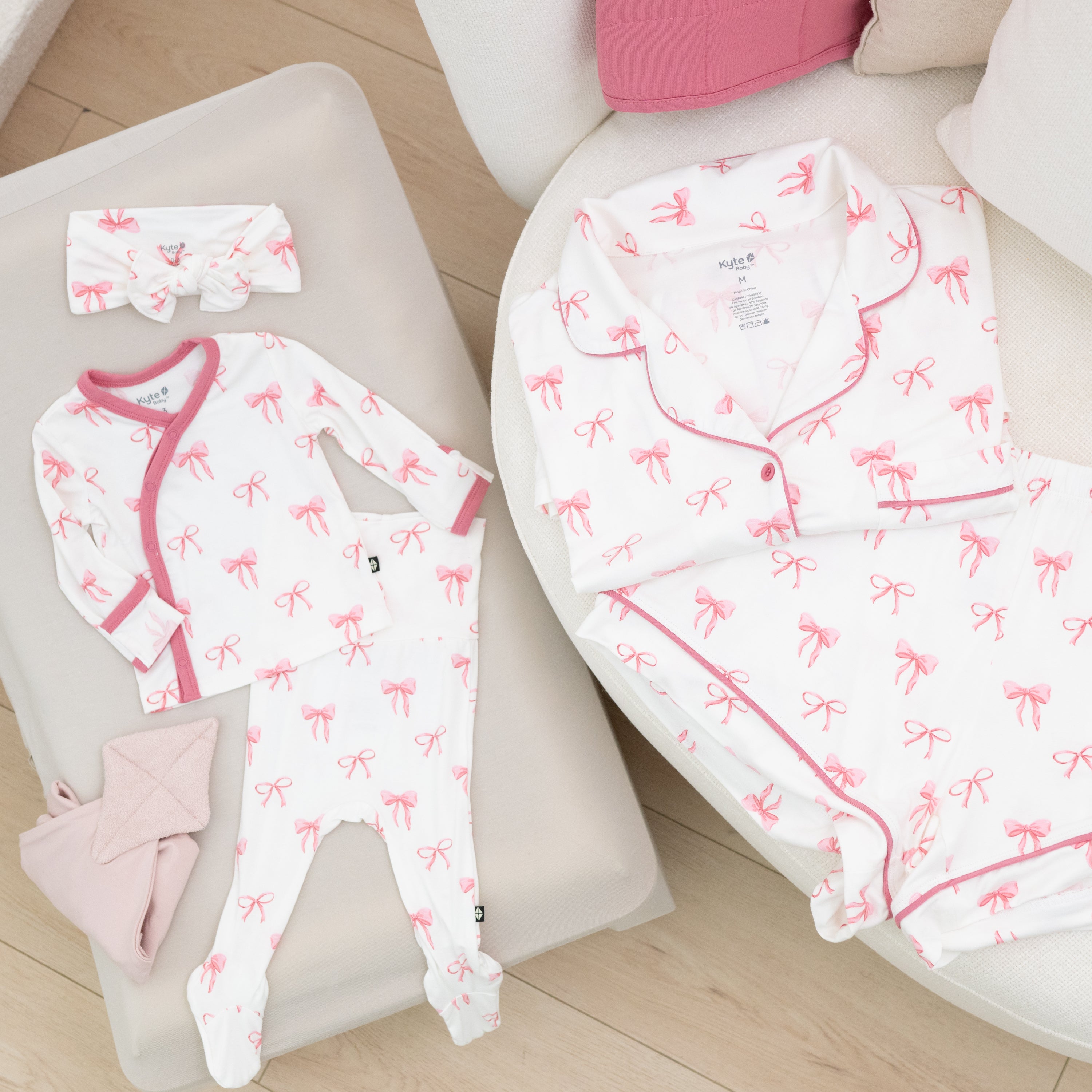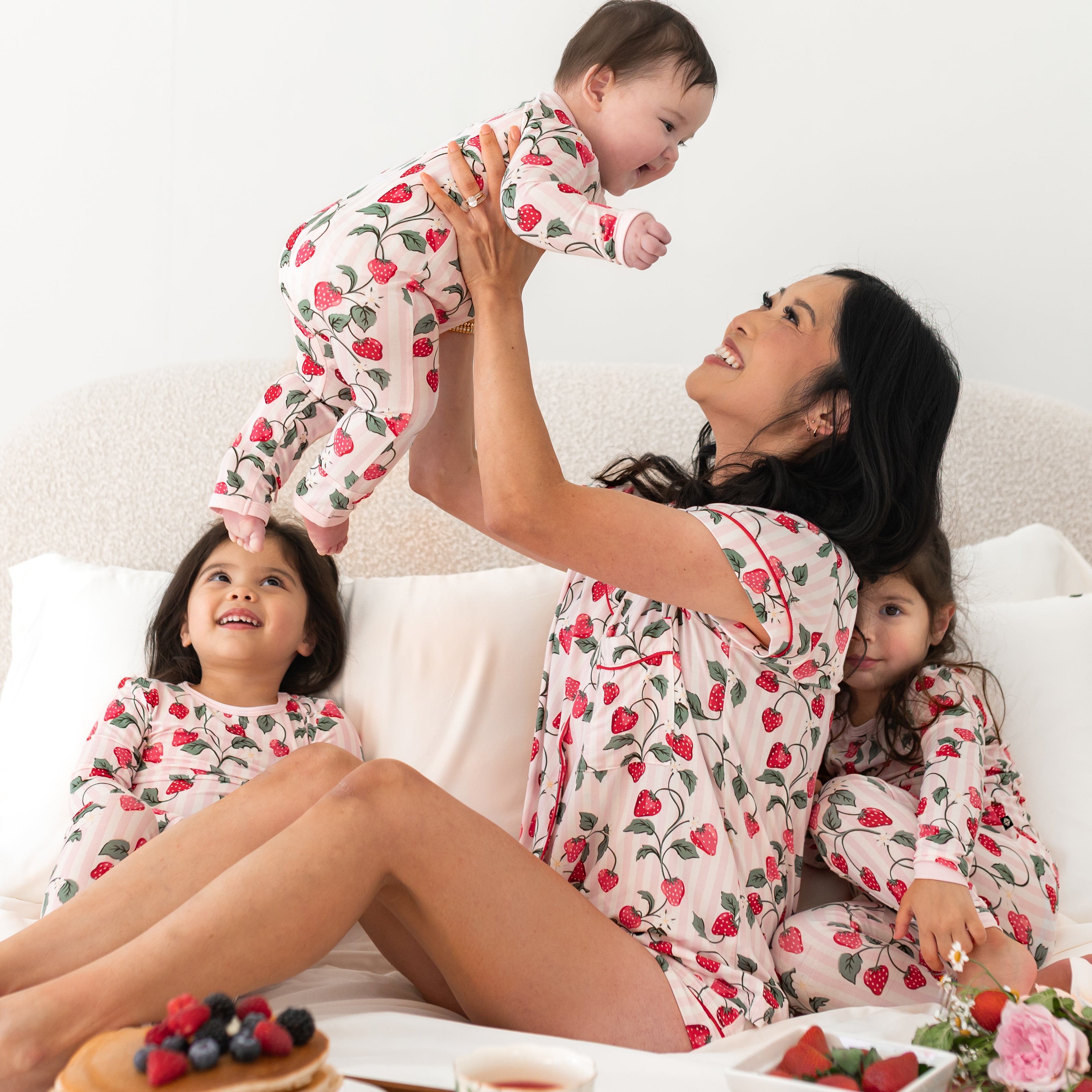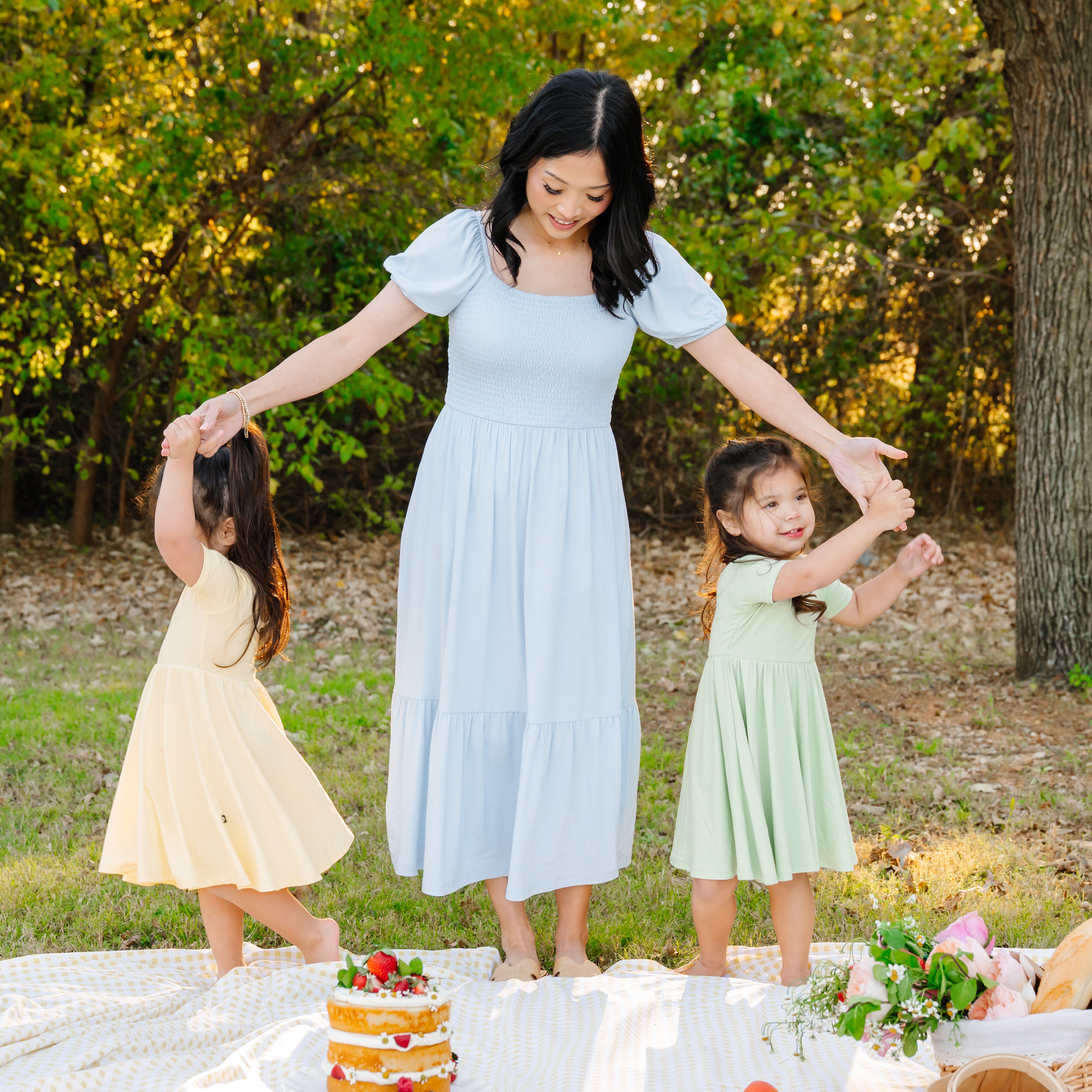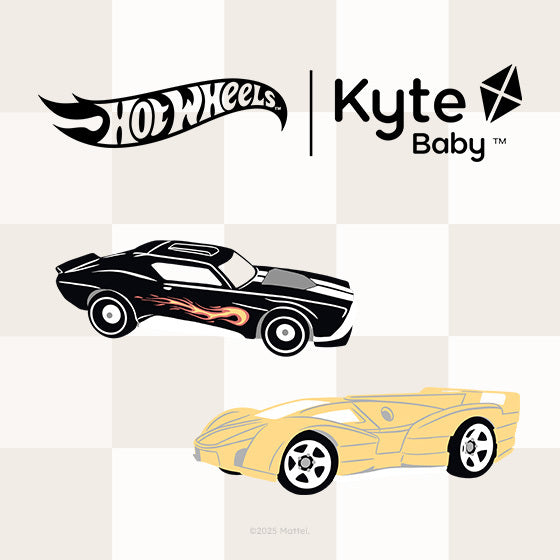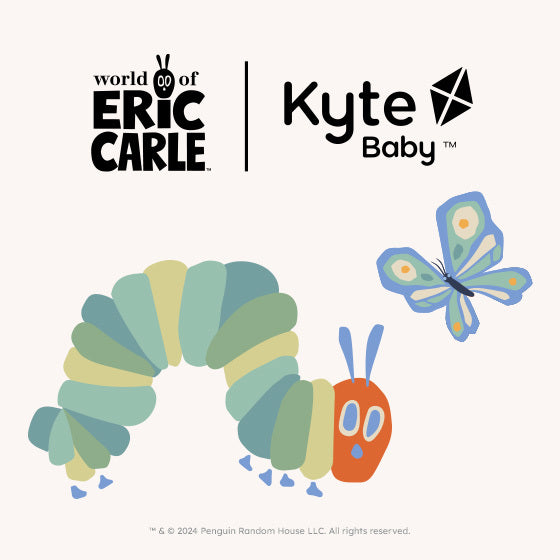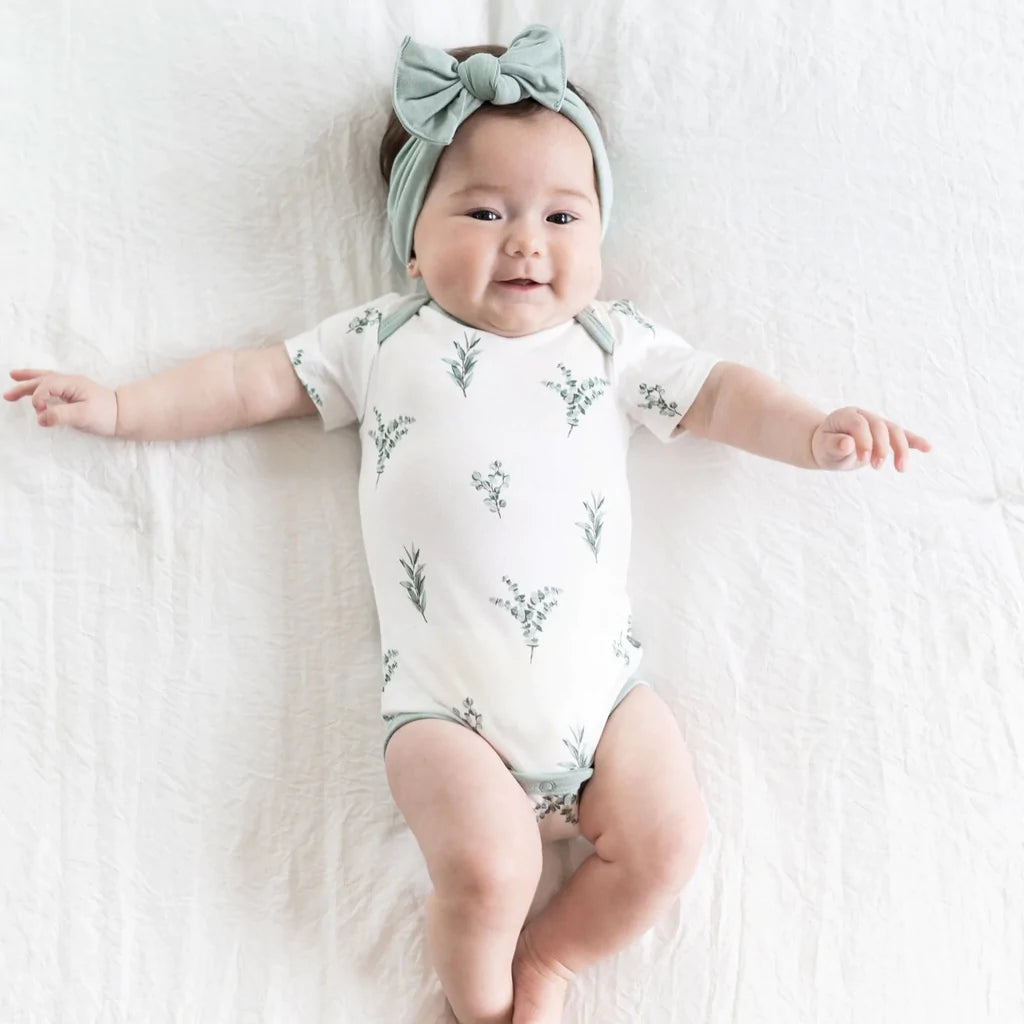As your baby approaches the halfway mark to their first birthday, you may have begun to notice a marked change in your little one. Gone are the days where your interaction felt largely one-sided, and now, all traces of newbornhood are nowhere to be seen. Your baby is highly alert, increasingly vocal, and maybe even starting to sleep through the night! This is a magical time where you begin to finally feel settled in your role as a parent and really enjoy spending time with your little one without the heavy fog of sleep deprivation hanging over you. Those long nights of scheduled feeds, rocking, patting, and shushing have all paid off, and you’re now reaping the rewards. Your baby’s personality is starting to shine, and their preference for you over others is made even more obvious with excited arm-flapping, loud squeals, coos, kicks and laughs. And, oh, those laughs! There’s no sweeter sound than your baby’s happy giggles, and you’ll find yourself making all the silly faces and noises to elicit that adorable reaction you just can’t get enough of—no matter who else is watching! This is an exciting time for your baby’s development because they’re growing and changing every day before your very eyes.

Your little talker
Okay, your baby might not be saying distinct words (yet!), but they sure are doing a lot of babbling and squealing. In fact, if you imitate their noises back to them, you and your little one can take turns making different sounds in a “conversation.” At 5-6 months, this age lays the groundwork for language. Previously, your baby picked up and responded differently to the tone of your voice, but now they are able to pick up on the different sounds you make when speaking. Use this time to read and talk to them as much as you can because they truly pick up on everything.
Your baby will soon, if not already, begin to put consonant and vowel sounds together to say words like “mama” or “dada.” It might not count as an actual word (well, depending on who you ask), but hearing your little one say “mama” for the first time? That’s a core memory. You’re a firsthand witness to the evolution of your baby’s language, starting with this beginning stage of babbling, excited squeals, and blowing raspberries. Your adorable little talker is learning how they can make different sounds with the shape of their lips, and it’s as cute as it is loud!
Learning cause and effect
Something big is happening in your baby’s brain, and they’re beginning to understand that a specific action results in a desired outcome. When they throw a toy, the sound that it makes or the way you react might make them giggle. They will attempt to repeat the action to initiate the same result, recognizing cause and effect. If your little one has started solid foods and you have an eager dog waiting by their high chair for those inevitable spills, you’ll soon notice how your baby purposefully drops food to watch your dog “clean up.” Not only is it highly entertaining for your little one, it also helps reinforce their ability to understand that actions have consequences.
Starting solids
Introducing solid foods is one of the biggest changes in your baby’s first year of life. After 4-6 months of drinking only breastmilk and/or formula, your baby may now be showing these signs of readiness to eat real food:
- They can sit up well with minimal assistance.
- They have lost the tongue-thrust reflex that will automatically push food out their mouth.
- They reach for and show interest in food on your plate.
- They bring objects to their mouth
Once your baby is developmentally ready to begin solids, their taste buds are in for a frenzy of flavor explosions. Watching your baby taste broccoli or sweet potato for the first time is sure to send you into a fit of giggles as their little face visibly processes new textures and flavors. Whether you choose to start with purées or follow the baby-led weaning approach, it’s sure to be messy! Since most of the food will end up on your baby instead of in their stomach (and that’s okay!), just make sure you have plenty of absorbent bibs and washcloths for a quick, easy cleanup.
Building strength in movement
With every day that passes, your baby gets stronger and more purposeful in their movements. Now, your little one’s grasp is stronger and they can pull objects closer, pick them up, and even move them from one hand to another. They’re quickly building dexterity in their fingers, and may even be able to hold their bottle by themselves. Can you even remember the newborn days when they resembled an adorable, helpless potato? That baby is already long gone, replaced by this new, independent version who doesn’t even need someone to hold their bottle for them!
Also gone are the days when tummy time looked like you trying to coax your squalling baby to lift their head for another few seconds. Now, your baby prefers to play on their tummy, even pushing up off the floor with straight arms! They can roll in one direction with ease, and may even be rolling in both directions. Although your little one can’t yet get in and out of a sitting position on their own (that will come a bit later), they’re likely sitting well with a little bit of support!

A good night’s rest
After surviving the infamous 4-month sleep regression, you and your little one are long overdue for a restful night. Most babies can make it through the night without eating at 6 months old, which is why many babies this age now sleep through the night (finally!). If yours isn’t yet, that’s perfectly normal too. Remember—every baby is different. Your baby gets around 10 hours of sleep at night, and takes 2-3 naps in the day. To work toward longer stretches of uninterrupted sleep at night, make sure to stick to a solid bedtime routine. Taking a bath, reading a book, and being zipped up into a sleep bag can all act as strong sleep cues that help your little one know it’s time for bed.

